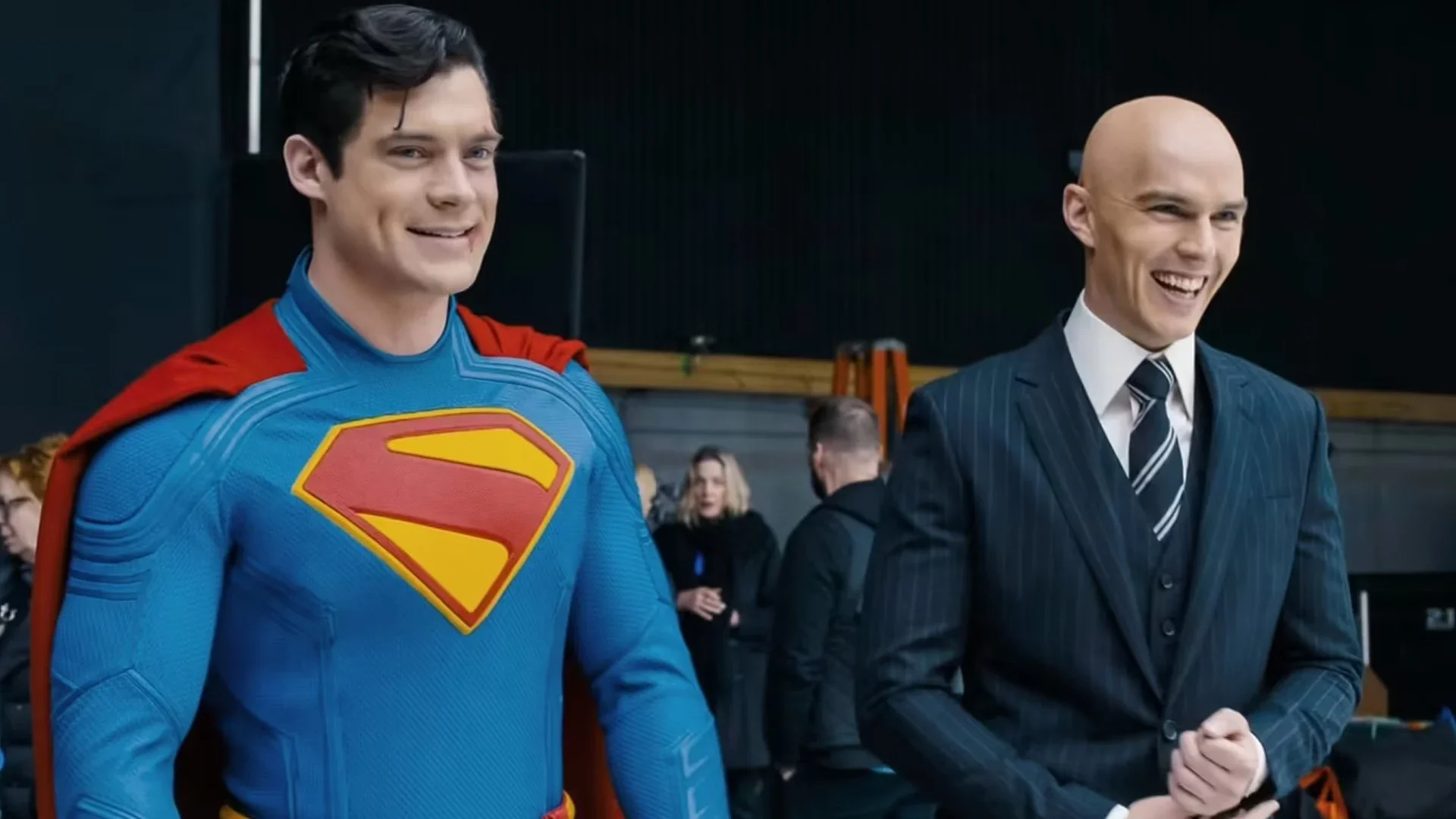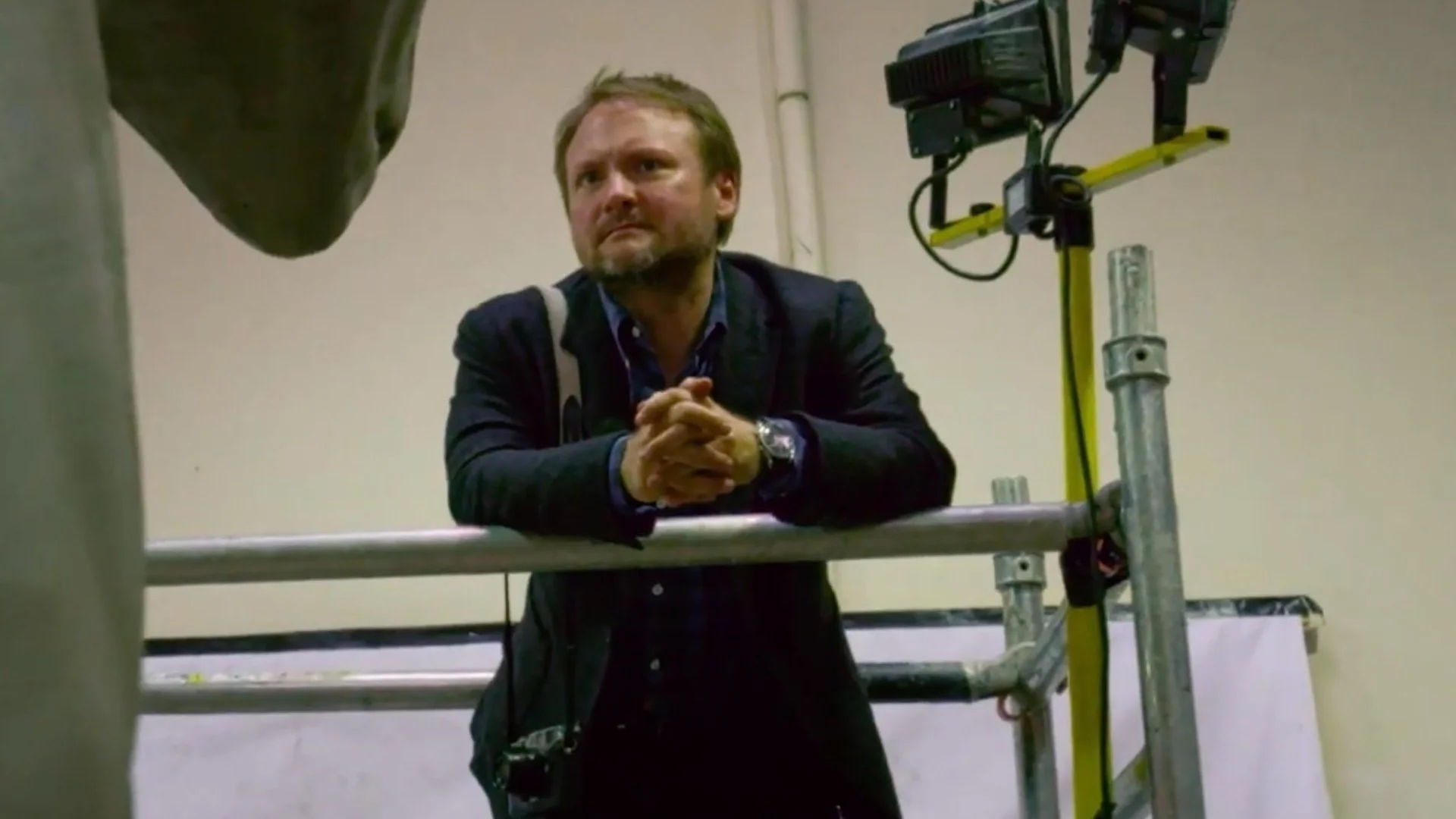The premiere of “The Innocents” should be a real event. This is not just the first film written by Eskil Vogt after opting for the Oscar for Best Original Screenplay for “The Worst Person in the World”. It is also his return to directing eight years after the 2014 Sundance award with his debut ‘Blind’. With this background and its selection at last year’s Cannes Film Festival, you might expect a deep and disturbing cold thriller. That is why it is even more surprising that those intentions remain in a commercial script closer to “Stranger Things” than to “Let me in”.

It seemed that the plot of children developing powers when adults aren’t watching would be just the starting point. It can’t be that obvious to be a European thriller. Well yes, it is. The fact that the award he won at Sitges 2021 was that of the public may already give us a clue. The story is so accessible that it follows the classic pattern of a superhero: marginality, discovery, fall and responsibility. More concretely, traces the story of ‘Cronaca’ in too much detail, with the environment of the children’s summer adventure of ‘IT’. We have already seen everything that matters and it adds nothing new in its excessive length. Within 10 minutes of starting, it breaks that attractive aura of mystery and any average viewer will already know how it all plays out.
Despite having fairly standard material, the young lead actors manage to consistently shine while maintaining the full weight of nearly two hours of footage. The main quartet offers excellent interpretations of stereotypical characters who are very wasted and bewildered.. Along with its simplicity, the main flaw of the script is that children do not behave as such: they present a very adult maturity, to the point that they could be mistaken for other older actors and the physical and emotional responses would be the same. The conflict would not be altered. Even on an individual level, they repeat at their most superficial level the archetypes of the hero, the villain and even the disabled as the most sensitive to that energy.

no emotion
The director has also forgotten that he is like a child and gives up playing with the genre. The second big mistake is not giving in to either the emotional terror or the intellectual message; Despite its enigmatic poster, “The Innocents” is neither scary nor interesting. The latter takes place in a wonderful prologue in which a daring discourse on the primal instincts of children and their perhaps not so deserved presumption of innocence seems to begin. This is how he proves what our Narciso Ibáñez Serrador has perfected in his dark ‘Who can kill a child?’ In this case, it’s just two very good scenes and too pretentious a title for the kind of movie it ends up being.
Neither a psychological thriller nor a horror. As ‘Scream’ recently reminded us, the key is to play by your own rules. The director of ‘It Follows’ manages to make you afraid of something as simple as someone walking towards you. Vogt seems to want us to feel the terror of growing up as children in a new and wild environment, and the weight of complex communication with adults.. However, he very soon breaks this rule established by his own synopsis. Like her, any scenes that might disturb them are wasted almost as if they were there to satisfy them and be able to get them out in the trailer. As a result, aside from one or two more direct pain shots, “The Innocents” is not an essential movie to see in the larger cinema with everything in the dark. Quite the contrary, those expecting a mainstream film will be disappointed by its slow pace and those who want to see a cold thriller will find that it barely scratches the surface.

Technical details that shine
It is true that the pace is slow but, like ‘Another Round’, it has plenty of time to make a mark on certain aspects of the film. Erik Vogt knows how to keep sequences slow in order to create tension expectations (even if they are not met). In that first part, much smarter than the stereotypical second part, he sports a brilliant direction of the characters’ gazes and non-verbal communication between children.. With each shot, it almost seems like you can hear them thinking the same way as their characters. It doesn’t matter that there is little dialogue: it makes up for it with an equally enigmatic visual model of upside-down everyday environments. Another factor as suggestive as it is wasted.
If we close our eyes, the film continues to disturb thanks to the audacity of its soundtrack: electronic, to the detail of each dialogue, giving up the typical beautiful orchestra to rather mark emotions or impulses of tension. Therefore, composer Pessi Levanto tries to provide a solemnity which, due to the paradox of the traditional script itself, could be modified for classical period music and would also fit. Indeed, perhaps it would define the whole set even better. The largest and only sonic element that truly disturbs with terror in the entire film is the award-winning sound edition at the latest European Film Awards.. This is, perhaps, the only successful authorial detail in a standard proposal that will most like to see it for what it really is: a young summer adventure with (almost) nothing particularly memorable.
Note: 5
The best: Editing the sound provides the (only) terror.
Worse: The plot that the movie is really about.
Source: E Cartelera
Elizabeth Cabrera is an author and journalist who writes for The Fashion Vibes. With a talent for staying up-to-date on the latest news and trends, Elizabeth is dedicated to delivering informative and engaging articles that keep readers informed on the latest developments.




